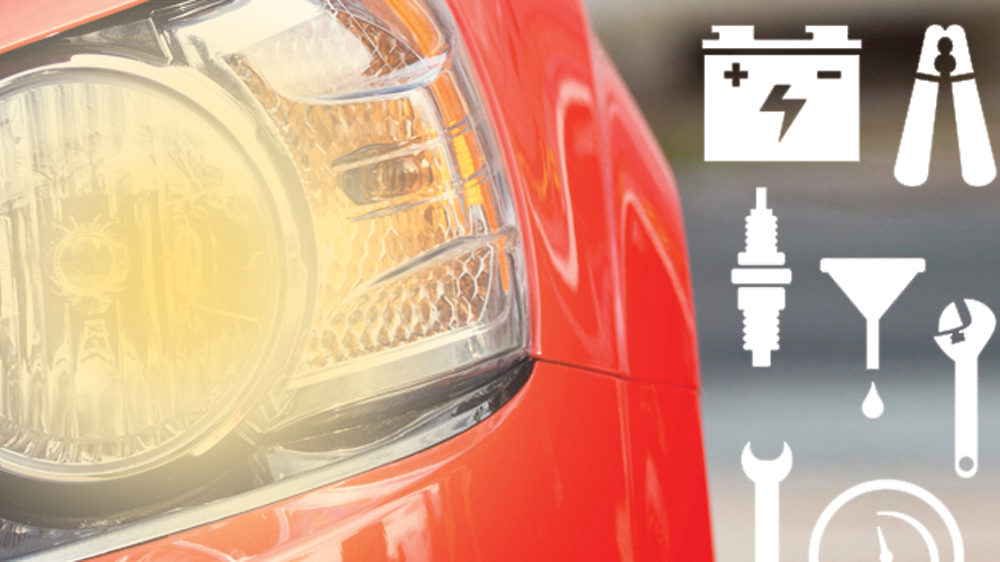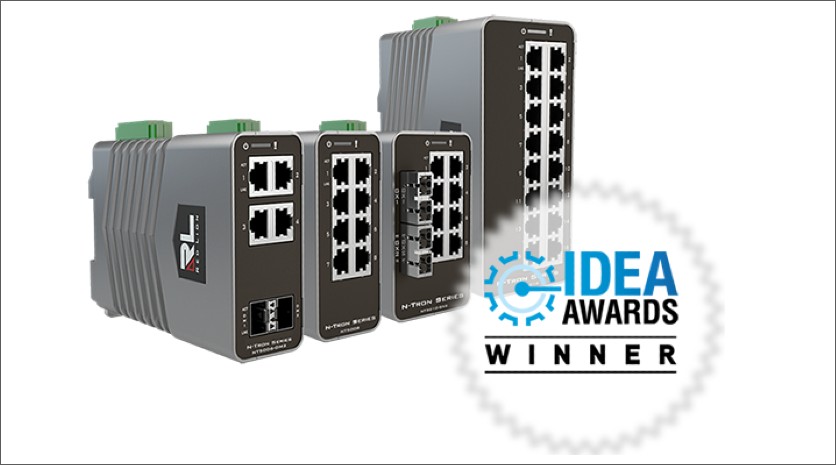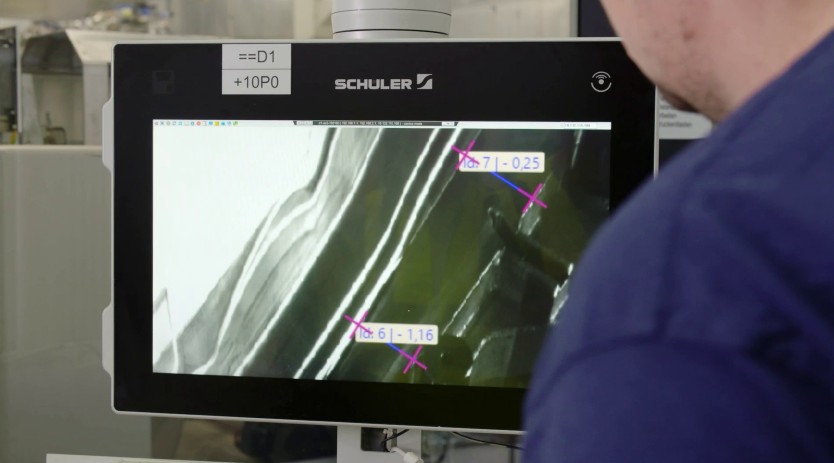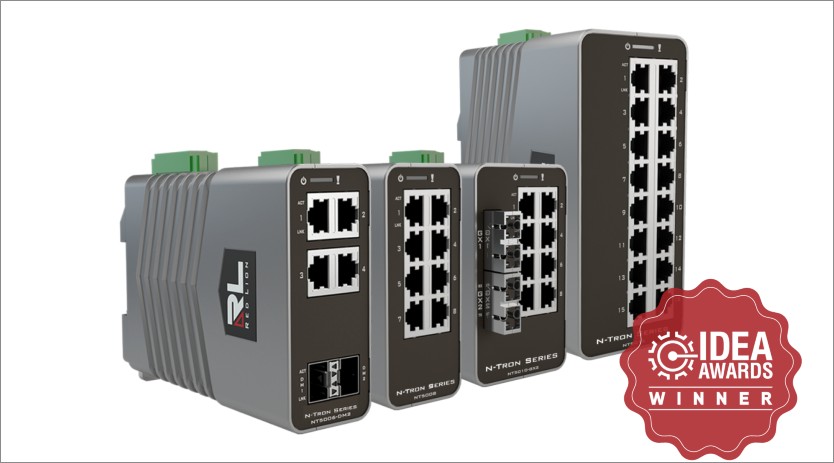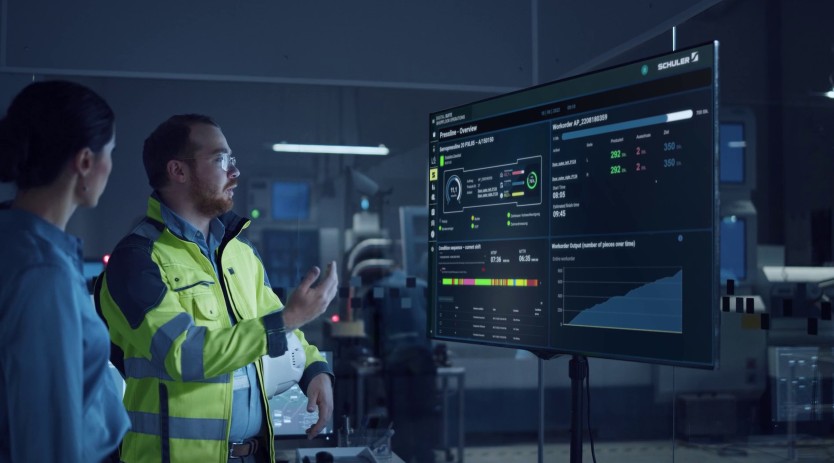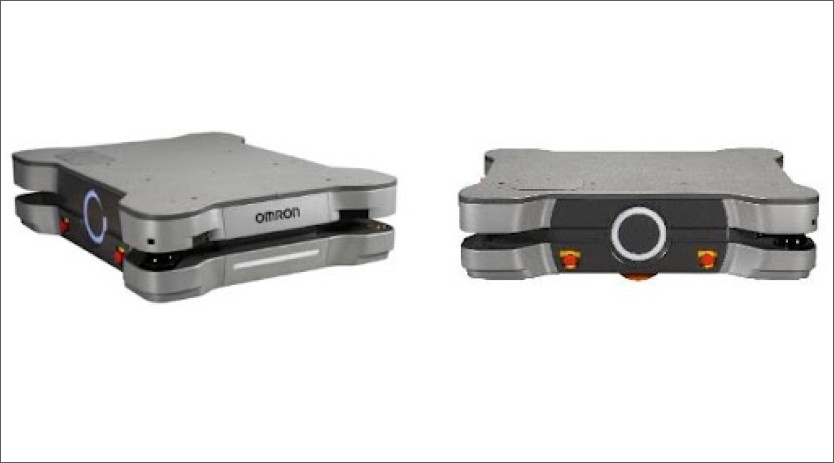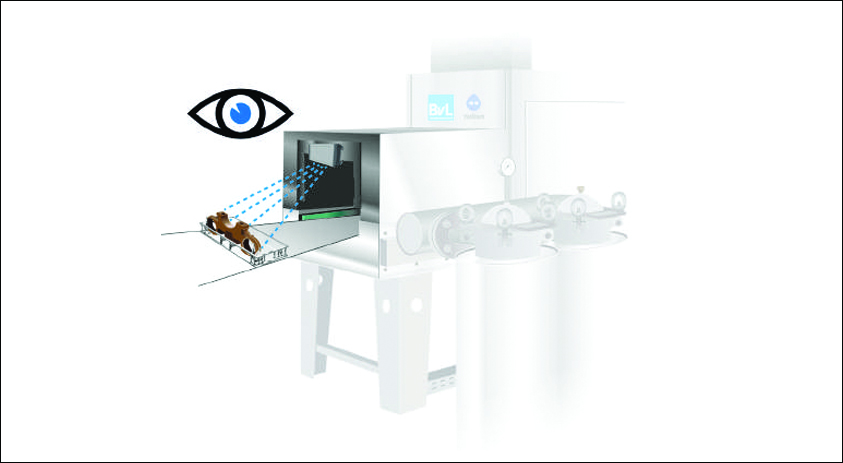Future of auto component industry beyond EV
January 15, 2018 5:19 pm
Here we present a report on the future of automotive components industry in India post govt’s electric vehicles push.
It is certain that we will start seeing electrification of vehicles in coming times. The pace of change would depend on many factors including infrastructure, affordability of vehicles and for ecosystem to respond. According to Dharmesh Arora, CEO & MD, Schaeffler India, By 2030, thirty per cent of vehicles will still be having IC engines while another thirty per cent will not have an engine at all – it will be completely battery operated.”
Need for e-mobility becomes increasingly important
He adds, “Forty per cent will have both, engines as well as electric motors. Many of the components we produce today may not be required in a full electric vehicle. Anticipating this, we at Schaeffler Group have been working on evolving needs for e-mobility applicable to the automotive industry.”
Schaeffler India have solutions for full range of electrification, starting from P0 (mild hybrid) to P4 (electric axle). He informs, “We are already working with global manufacturers in Europe and China to provide advanced solutions for fully electric vehicles and hybrid technologies and as India adopts the technologies, we are ready with our solutions for our local customers.”
However, beyond electric mobility, there are equally important dimensions such as generation and transmission of power which is needed for electric mobility. Experts refer to “well-to-wheel” when taking the entire energy chain into account. It is a method that makes it look at total amount of CO2 emissions produced in the entire chain of locomotion – from the production and storage of energy through to its conversion into kinetic energy. Sustainable mobility can only be achieved if the primary energy for locomotion comes from renewable sources such as wind power, solar power, hydropower or geothermal energy. Schaeffler contributes technology and know-how to the consistent expansion of these energy sources.
Future growth and sustainability
Company’s global strategy of ‘Mobility for Tomorrow’ will help establish the course for future sustainable and profitable growth. The entire strategy is developed by keeping in mind the growing customer demands in all forms of mobility. The strategy is based on four highly important mega trends- climate change, urbanisation, globalisation and digitalisation. The company’s attention is centred upon eco-friendly drives, urban mobility, inter-urban mobility and energy chain. Schaeffler is progressing towards all the four focus areas through its research and development activities and is also playing a crucial part in the field of innovation and technology.
Electric vehicles: The need of the hour
Suresh KV, Country Head, ZF India, says, “With the changing climate and rising population, it becomes imperative that the mobility of people and goods be planned appropriately to minimise congestion and other environmental impacts on the cities. The government’s push for electric vehicles is the need of the hour and a positive step towards creating sustainable mobility. Although component makers had predicted this shift, it would take some time to completely redesign and manufacture components suitable for electric vehicles.”
ZF continuously aims to reduce vehicle fuel consumption and the associated emissions. It also opens up further saving potential by electrifying the driveline. The traffic sector causes approximately a quarter of all global greenhouse gas emissions, with individual city transport contributing a large share.
Electric vehicles and the way forward
Electric vehicles are the way to go forward because fossil fuel is non-renewable and exhaustible source of energy. In addition, the particulate matter from petrol and diesel cause environmental hazards. Suresh feels OEMs in India should start investing in power plants and other renewable sources of energy. He adds, ”Electricity generation and power supply should not be a problem because there is a wide-range of options available for electricity generation. Although the share of electric cars in the overall market is still small, it is impossible to overlook the increasing importance of e-mobility as the driving power of the 21st century.”
ZF is pushing forward e-mobility in addition to hybrid technology. Suresh informs, “We are able to deliver e-mobility solutions from a single source like no other supplier: electric motors, plug-in hybrid transmissions, all-electric drives and power electronics for passenger cars, trucks and buses.”
We at Schaeffler Group have been working on evolving needs for e-mobility applicable to the automotive industry.
Dharmesh Arora, CEO & MD, Schaeffler India
The government’s push for electric vehicles is the need of the hour and a positive step towards creating sustainable mobility.
Suresh KV, Country Head, ZF India
Cookie Consent
We use cookies to personalize your experience. By continuing to visit this website you agree to our Terms & Conditions, Privacy Policy and Cookie Policy.



